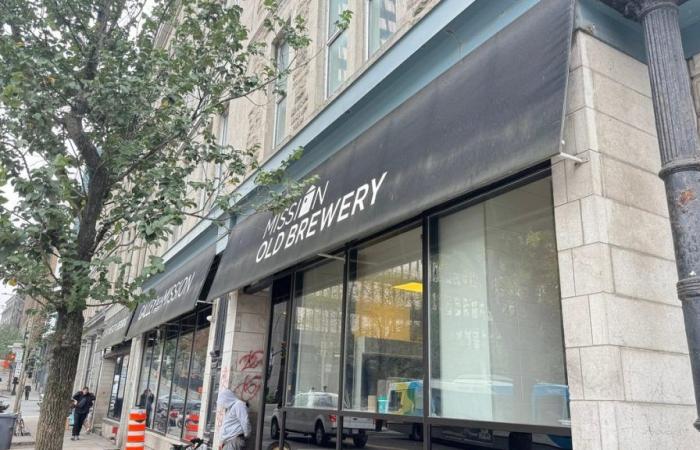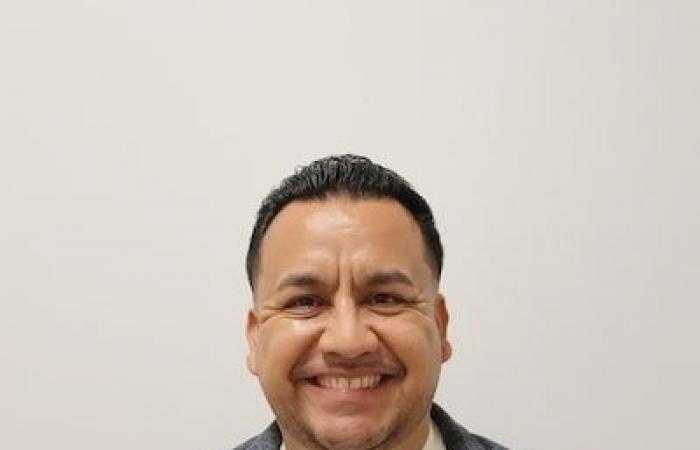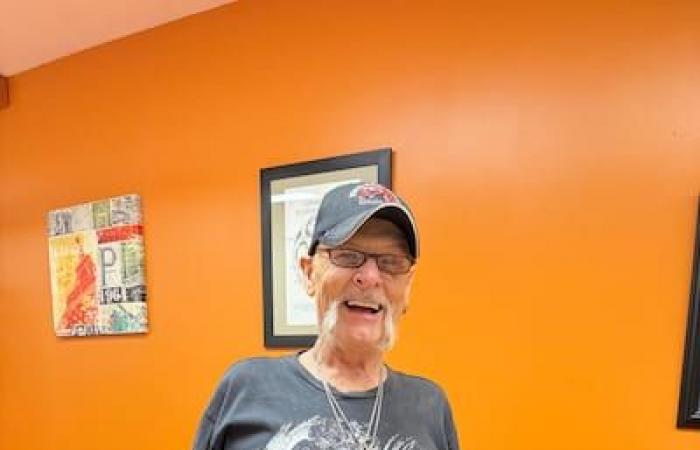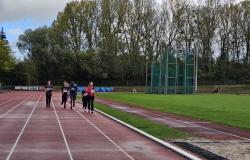Faced with the growing number of homeless people in Montreal, the Old Brewery Mission is launching a program to prevent homelessness among seniors. The organization will rehouse people who risk ending up on the street.
“People aged 50 and over are the new face of homelessness, except that they are completely invisible,” says Georges Ohana, director of homelessness prevention at the Old Brewery Mission, the organization behind the new Ancragé program.
Photo Agence QMI, AMANDA MOISAN
A team will be responsible for identifying seniors who present an imminent risk of homelessness and rehousing them within the Old Brewery Mission network or its partners.
“They are not yet homeless, we want to help them before they enter the system. This is a population that is not on the radar, so evictions, hospital environments, prison releases for example,” explains Mr. Ohana.
On the street, a person is considered “elder” from the age of 50 due to accelerated aging.
“Fifty is young, but when we are grappling with issues of vulnerability and social exclusion, 50 very quickly becomes 65,” maintains the latter.
In the metropolis, 44% of the homeless population is 50 and over, forming the largest group, according to the latest count from the Ministry of Health and Social Services.
“They make up the majority of people experiencing homelessness. There is an impressive increase in homelessness among those aged 50 and over,” says Luis-Carlos Cuasquer, general director of PAS de la rue.
COURTESY Photo
The organization welcomes seniors aged 55 and over in precarious situations or without a fixed address in the Montreal region.
Five-year objective
The goal of the Old Brewery Mission program is to enable at least 750 seniors to avoid homelessness over a five-year period.
Each year, the organization will identify and support 150 people.
Among this pool, the Old Brewery Mission hopes to help between 75 and 100 people to be rehoused, before finding themselves on the street.
“We want to ensure that the housing we find for these people is safe, healthy, but above all in a suitable neighborhood for them. That’s the important thing,” said Mr. Ohana.
Finding housing after being in a prison environment, for example, makes a big difference for these vulnerable people.
Yvon, a Montrealer who recently moved into his apartment, knows something about this.
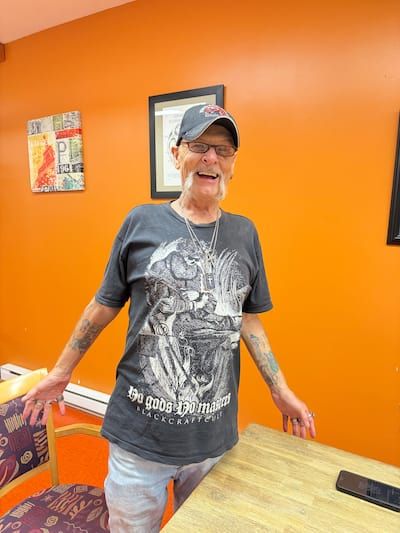
Photo Agence QMI, AMANDA MOISAN
“It represents freedom for me. I’m happy,” says the latter.
The program was established thanks to a $1.5 million donation from the Mirella and Lino Saputo Foundation.
The Ancragé program also received a contribution from the Rossy Foundation.

